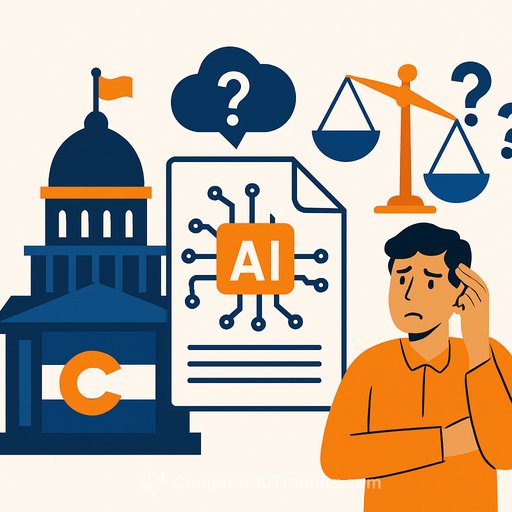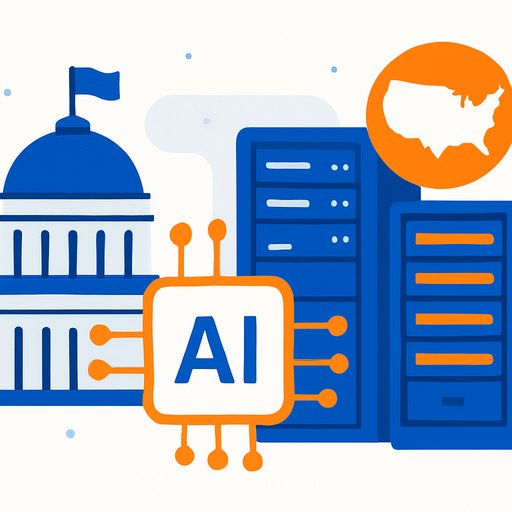Colorado AI Regulations Face Uncertain Future After Senate Bill Revision
Colorado’s groundbreaking artificial intelligence (AI) regulations, initially set to take effect in February, may face a delay if the state legislature approves a recent Senate proposal. The bill, dramatically altered by Senate Majority Leader Robert Rodriguez, now focuses on postponing the implementation rather than enforcing new AI rules.
The original intent of the bill was to regulate AI use and enhance transparency around decisions impacting Coloradans. However, the amended version simply pushes the law’s start date to the end of June. This move allows lawmakers, the tech sector, and consumer groups additional time during the next regular session—starting mid-January—to finalize effective AI regulations.
Rodriguez explained that industry backlash against a previously negotiated compromise led to this rollback. The tech industry reportedly preferred returning to existing rules instead of adopting the agreed-upon consumer protection measures crafted alongside educators and labor representatives.
Special Session Focuses on Budget and AI
The legislature convened a special session primarily to address a $783 million budget shortfall caused by recent federal tax cuts and spending adjustments. Alongside these fiscal matters, AI regulations were specifically highlighted for reconsideration by Gov. Jared Polis.
By the fifth day of the session, lawmakers passed several key revenue-raising bills expected to generate approximately $250 million. These include:
- House Bill 1001: Permanently limits certain business income deductions for individuals earning over $500,000 annually.
- House Bill 1002: Tightens restrictions on foreign tax havens by adding new countries to the list.
- House Bill 1003: Ends a tax incentive for insurance companies maintaining offices in Colorado.
- House Bill 1005: Eliminates a sales tax collection subsidy for businesses.
- House Bill 1004: Allows select entities to sell tax credits that can be redeemed at a discount in future tax years, expected to raise around $100 million.
Senator Lisa Cutter emphasized the importance of directing aid to families and small businesses most in need. The combined revenue from these bills covers about one-third of the budget gap. Spending cuts and reserve funds are expected to fill the remaining deficit, with the governor’s office planning to propose roughly $200 million in reductions.
Liability and Accountability Remain Key in AI Debate
On the AI front, the amended Senate bill has moved to the state House, where a competing measure proposing a longer delay until October 2026 is also under consideration. The House plans to review Rodriguez’s bill soon, possibly holding an initial vote to advance it.
A major point of contention between the two proposals is liability for AI-related bias in decisions like job or rental application screenings. Rodriguez's original bill sought to clarify who is responsible—the AI developers or the entities deploying AI. This issue remains unresolved after the bill’s recent changes.
Representative William Lindstedt supports the delay, noting the need to ensure that organizations such as schools and hospitals are not unfairly burdened with liability. He stresses that all parties involved should share accountability when AI causes harm.
For anyone interested in understanding AI’s impact on public policy or seeking practical knowledge on AI tools and regulations, exploring up-to-date AI training resources can be valuable.
Your membership also unlocks:





